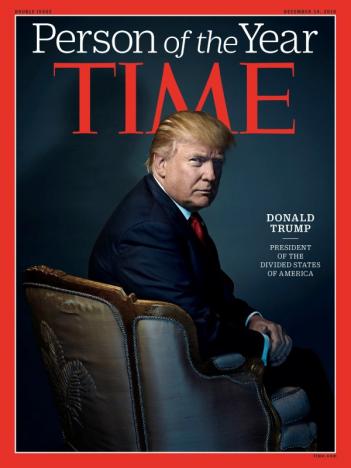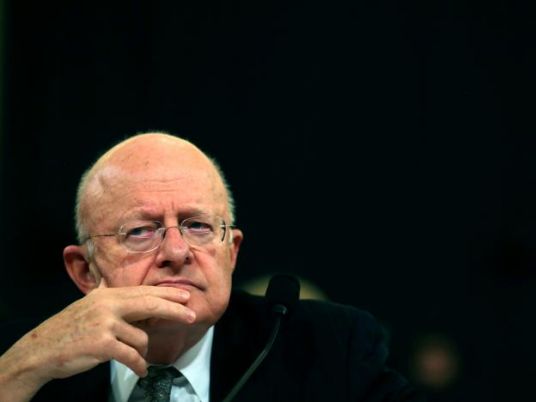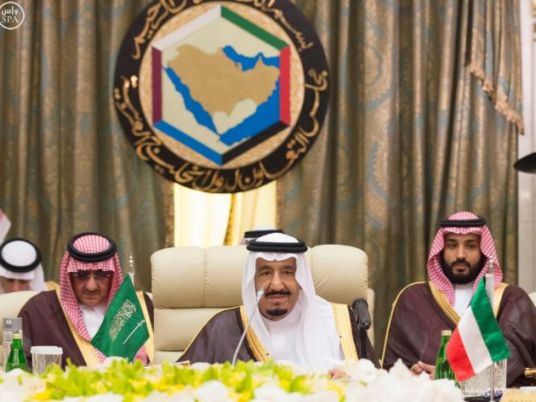Washington–President Barack Obama launched a new effort on Monday to build business and social ties to the Muslim world, but analysts said the need for progress on big issues like Middle East peace would overshadow the initiative.
Obama hosted a two-day Presidential Summit on Entrepreneurship that brought together about 250 successful entrepreneurs from more than 50 countries, most with large Muslim populations, fulfilling a pledge he made in his Cairo speech to the Islamic world last June.
Commerce Secretary Gary Locke opened the gathering by challenging the entrepreneurs to take “the tremendous success that all of you have had individually and expand it throughout the Islamic world.”
Obama will address the summit at the end of the first day to underscore his commitment to “deepening our engagement around the world with Muslim-majority communities,” Deputy National Security Adviser Ben Rhodes said.
While the summit was widely viewed as a positive step that demonstrated follow-through on the Cairo speech, analysts said Obama ultimately would be judged on his handling of key issues in the Muslim world — the Israeli-Palestinian peace process, Iran’s nuclear program and the wars in Iraq and Afghanistan.
“In some ways Cairo is not going to be fulfilled until you get grander solutions to some of the big geopolitical problems,” said Juan Zarate, an analyst at the Center for Strategic and International Studies and an ex-deputy national security adviser to former President George W. Bush.
“The president is going to be judged by his ability to move those big issues much more so than whether or not he hosts a conference at the White House,” he said.
Obama has struggled to advance many of those issues. His effort to revive the Middle East peace process has been hampered by Israeli settlement activity, and his attempts to engage Iran over its nuclear program have been rebuffed.
In addition to Locke, Secretary of State Hillary Clinton, Education Secretary Arne Duncan and other senior US officials were participating in sessions alongside private sector experts like Yahoo! co-founder Jerry Yang, Grameen Bank founder Muhammad Yunus and Arif Naqvi, head of Abraaj Capital, the largest private equity firm in the Middle East.
The aim was to bring together successful entrepreneurs from different countries, venture capitalists, development bankers and other business experts to discuss ideas and share experiences with a view toward creating support networks that would help promote development in the region.
Yang, in a luncheon address, said entrepreneurs needed an entire ecosystem to flourish, including education, capital and research and development. He said he saw increasing signs of a willingness in the Middle East to support entrepreneurs, noting Yahoo’s recent acquisition of the Arabic-language email service Maktoob.
The White House has urged groups outside the government to take advantage of the summit by organizing related events. That has spawned more than 30 other sessions by groups such as the National US-Arab Chamber of Commerce, the Arab Empowerment Initiative and the Middle East Youth Initiative at the Brookings Institution.
Observers and participants said the success of the event ultimately depended on whether it produced concrete results — financial and otherwise — after it ended.
“What kind of networks does it establish? What kinds of funds will come out of it? What kind of … concrete recommendations for legal reforms that need to take place in certain countries?” said Ehaab Abdou of the Middle East Youth Initiative, which is participating in an event on using entrepreneurial techniques to address social challenges.
Obama planned to announce some new financing to support entrepreneurship, but administration officials made clear the government wants to be seen not as a funder but as a catalyst bringing together entrepreneurs with potential investors.
Rajiv Shah, the administrator of the US Agency for International Development, announced 13 partnerships aimed at supporting entrepreneurs in the Muslim world with education and programs to encourage market opportunities and financing.




